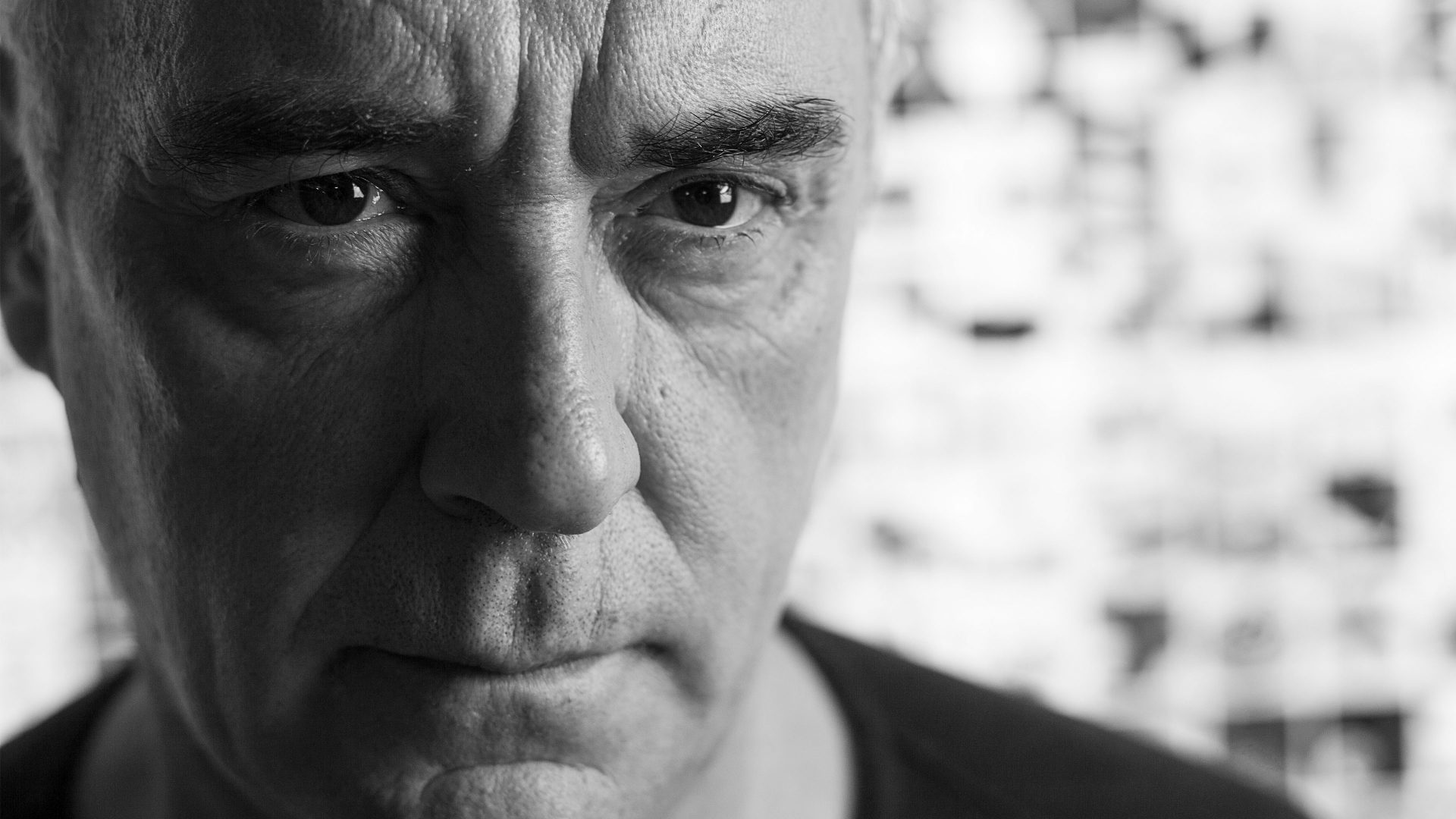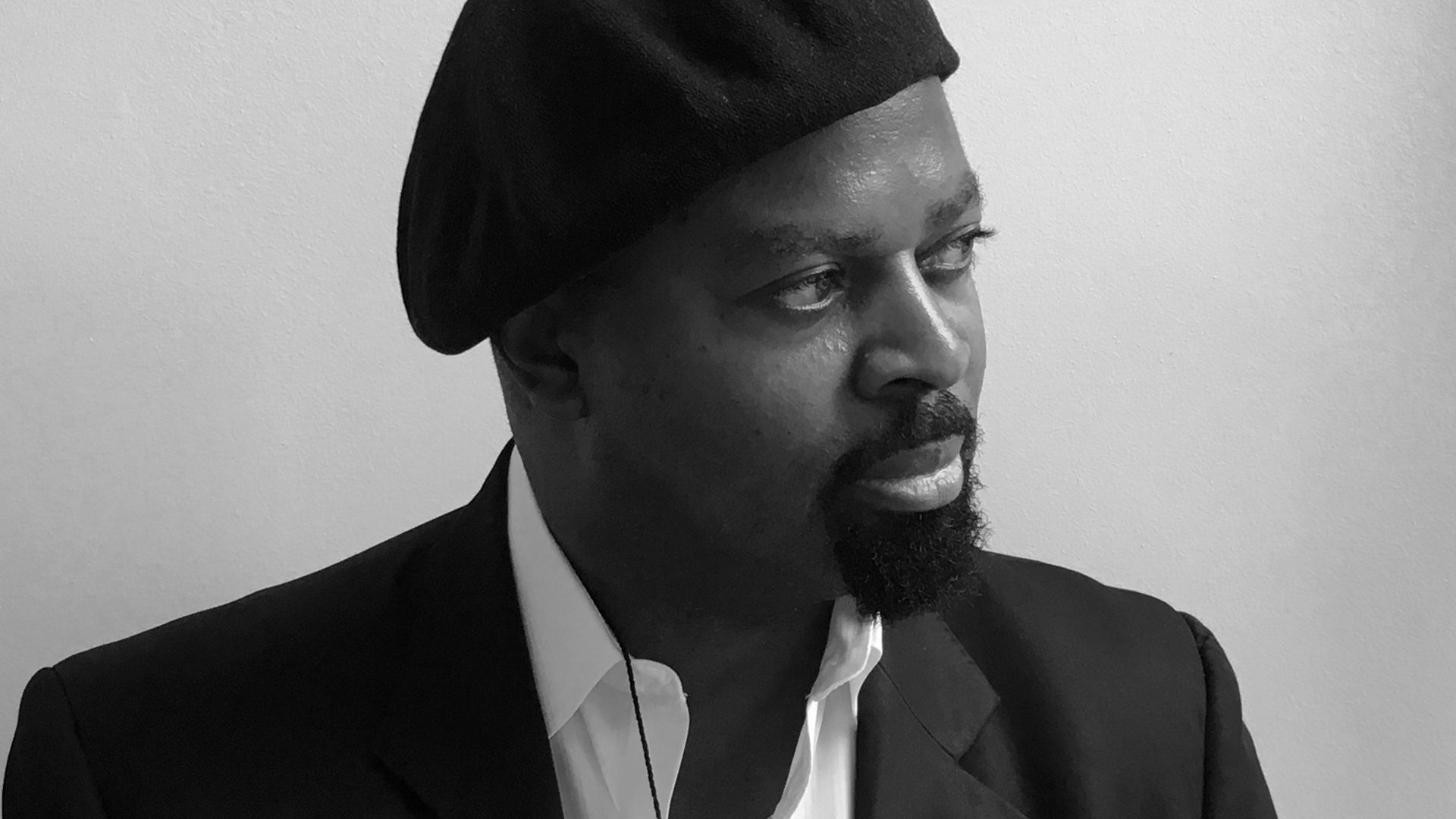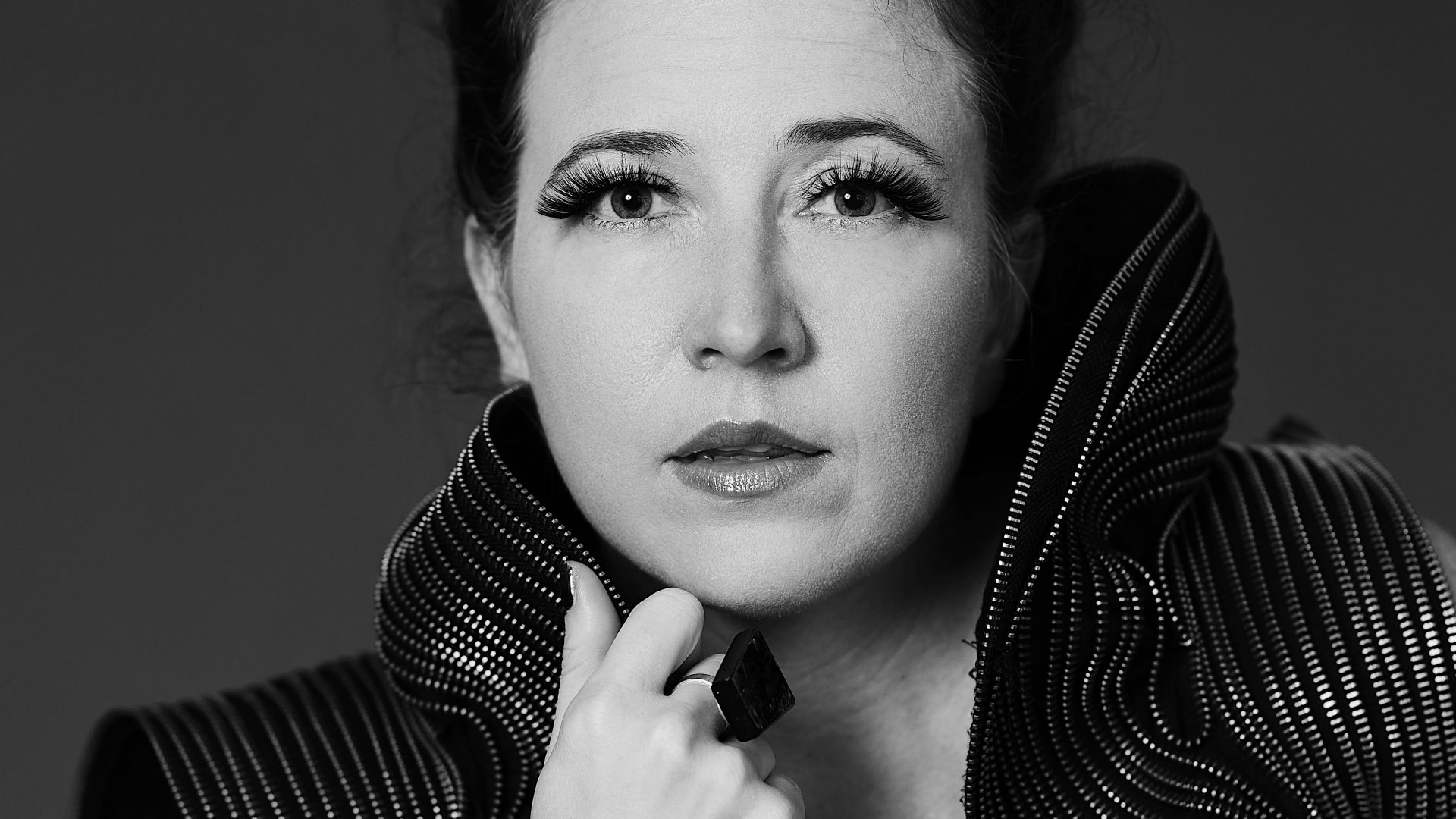Eleven years ago, El Bulli, the restaurant in northern Spain that I had headed since 1987, closed its doors. It was July 2011, and I knew I had to take a difficult but crucial step: if I wanted to move forward, I needed to analyse and reflect on the most basic notions of my profession and myself.
Pondering these kinds of truths is never easy, but it is always necessary. Failure to do so leaves us shackled to dogmas and blinded to the myriad shades of grey where true reality resides.
For me, a cook, reflecting on these notions brings me straight back to the kitchen, and face to face with a crucial question: what is the reality of what we eat?
Before I answer this, I must first discuss the transformation that El Bulli and I have experienced in the succeeding years.
After it shuttered, the restaurant became a private foundation created to protect and decipher the legacy of El Bulli, where culinary creations pushed the boundaries of form and flavour and we reimagined what food could be.
The process led those of us involved in the foundation to challenge existing ideas around what we eat and what cooking means. To do this, we first had to approach our knowledge of food with scientific rigour, breaking it down to its most basic elements. In other words, we needed to organise in order to understand. Only when we better understand something can we improve it.
At the foundation, we created a new methodology, and we called it Sapiens. This is our bedrock to reflect on reality – and, more specifically, the reality of what we eat.
The Sapiens methodology involves a series of scrupulous processes that actively question, analyse and organise a particular subject matter – from how we define terminology, to the way we classify our knowledge, to how the subject matter compares with similar areas of study, to making these thoughts systematic (placing the subject in context) and, finally, studying the origin and evolution of that topic.
I am aware that such a school of thought involves a colossal effort, because it requires us to forget what we’ve been taught and relearn everything. But I am convinced such efforts are worthwhile. Otherwise, how can we uncover what lies deep inside that thing we call reality?
That said, I wonder if we as a society are willing to constantly question ourselves and organise our knowledge of eating and cooking to help us make better decisions about the food we consume. Let’s be honest: business success, at least in the food and restaurant industries, does not hinge on organising one’s knowledge of food, but rather on creating effective marketing buzz. This often makes us stray from truly inquiring about what it means to eat, especially in these precarious times.
A report issued last year by the World Health Organization, “The State of Food Security and Nutrition in the World”, left me gobsmacked. Around 12% of the global population suffered from severe food insecurity in 2020, and nearly one in three people worldwide did not have access to adequate food, according to the report.
We face enormous challenges, and it is clear that humanity’s tremendous evolution has not been sufficient to correct the deficiencies of our current food systems.
It is believed that during the Palaeolithic period, some 2.6m years ago, early hominins, possibly guided by intuition and self-preservation, widely used cutting tools. These tools made it easier for them to butcher and eat meat, and, along with the use of fire, helped to pave the way for the development of cooking. Since then, humanity’s evolution has gone hand in hand with that of cooking.
My deep roots in cooking make me eager to understand how historical developments have led us to our current way of preparing food and, subsequently, how we can create a wider path to healthy nutrition. This starts with the resolve to overcome, once and for all, hunger and malnutrition.
Beyond its evident definition encompassing good health, the term “healthy” – or “saludable” in Spanish – also means “good for a purpose, particularly good for the soul”, according to an entry in the Royal Spanish Academy dictionary. This is a somewhat ethereal definition, but I think it’s quite revealing how there’s a transcendental benefit to being healthy. The concept of good health is inextricably linked to the concept of eating well.
So, what does “eating well” mean in the 21st century?
It entails taking nutrition into account and reconciling the litany of contradictions that inevitably arise. There is hunger, but there is also obesity. There is malnutrition, and yet tons of food we produce go to waste.
Environmental, social and economic conditions also affect how well we eat. Our world today is burdened by pollution, a lingering pandemic, rocketing inflation, the struggle to earn a living wage, and an armed conflict that is causing staggering devastation and loss in Ukraine and which could also spark a global food crisis.
Are we prepared to take all of these issues into account during a shopping trip to our supermarket? In most cases, the answer is an emphatic no. As consumers, we are increasingly unsure what constitutes a healthy diet, and we want to eat well, but how aware are we of the full reality of the food we consume – and the circumstances that brought that food to our table?
Here’s a simple example. Imagine you’re browsing that supermarket and decide to buy a good tomato. Before you select one and put it in your shopping cart, you must make several decisions based on your broad knowledge of the product, what makes it healthful and how you intend to serve it.
How much do you know about tomatoes? Were you aware that, as a product of the first wild tomato plants of the Andes, tomatoes underwent a domestication process spanning centuries to imbue them with attractive characteristics suitable for human consumption?
As for that tomato you picked at the supermarket, did you consider where wit came from, how it was farmed, the complex economics and logistics that helped put it on the shelf, and whether sustainability was a priority along the way?
On top of that – and most paramount – does that tomato possess a scrumptious flavour?
We now touch on a fundamental aspect of the food we eat: our hedonistic attitude towards it. The pursuit of pleasure is an intrinsically human endeavour, and cooking, from the very beginning, has been an activity designed to produce pleasure via the flavours we savour.
When we fully push the concept of eating well, we inexplicably introduce the element of gastronomy. Our sensory-perceptive experience of the food becomes as vital as the nourishment it provides. Cooking plays a different role, because it strives for excellence, and to achieve this, a focus must be placed on quality. Of course, this is privileged territory, since those who cook and those who dine not only have access to food but are also able to decide how, when and where to eat.
This is why those of us who enjoy that privilege must foster a gastronomic culture that encourages a deep awareness of the food we eat. Because in the end, eating well involves making a conscious, conscientious effort to understand the story behind each bite. Only then will we be able to comprehend the reality of the culinary experience and its profound purpose: eating well nurtures our souls.
Ferran Adrià was head chef of El Bulli and is considered one of the best chefs in the world © The New York Times Company and Ferran Adrià



